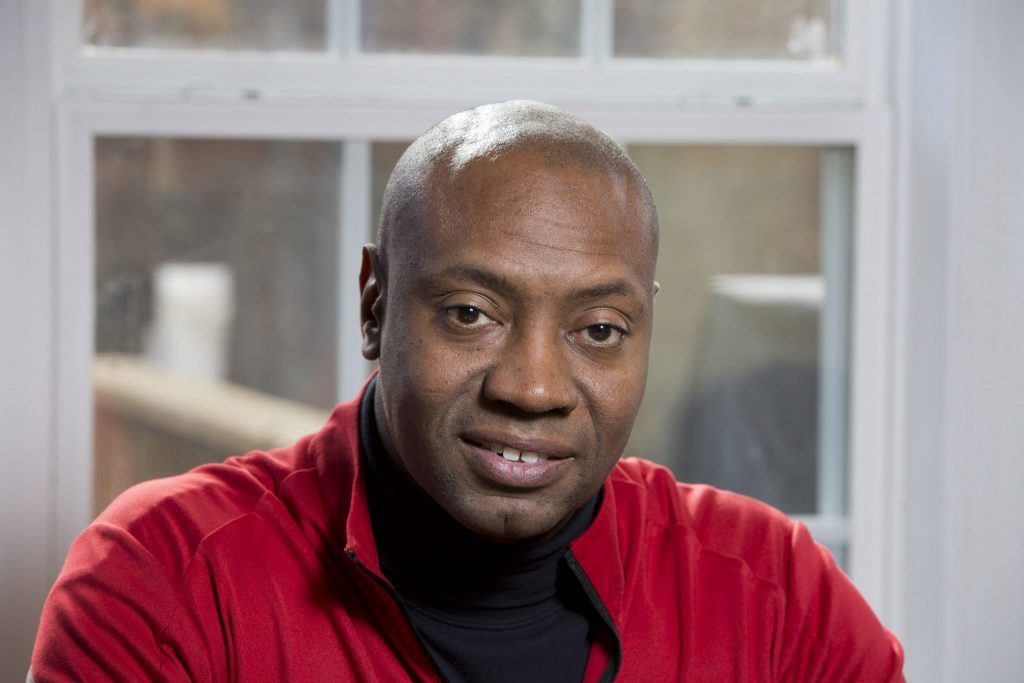Marshall Shepherd: Connecting atmospheric science and society
By Dawn Stover | June 28, 2019

In this interview, meteorologist and University of Georgia professor J. Marshall Shepherd talks about why climate literacy remains low in the United States, and how he tries to overcome climate misinformation and skepticism. He describes the degree to which extreme weather events such as major wildfires, hurricanes, and intense rainfall can be attributed to recent climate change – and discusses the global actions that must be taken to address the climate emergency. He explains why some TV meteorologists avoid talking about climate change and remain skeptical that human activities are driving it.
Meteorologist and professor J. Marshall Shepherd talks about why climate literacy remains low in the United States, and how he tries to overcome climate misinformation.
Together, we make the world safer.
The Bulletin elevates expert voices above the noise. But as an independent nonprofit organization, our operations depend on the support of readers like you. Help us continue to deliver quality journalism that holds leaders accountable. Your support of our work at any level is important. In return, we promise our coverage will be understandable, influential, vigilant, solution-oriented, and fair-minded. Together we can make a difference.
Issue: Bulletin of the Atomic Scientists Volume 75 Issue 4
Keywords: Attribution, NASA, climate change, climate literacy, meteorologists, misinformation, weather
Topics: Climate Change, Interviews















